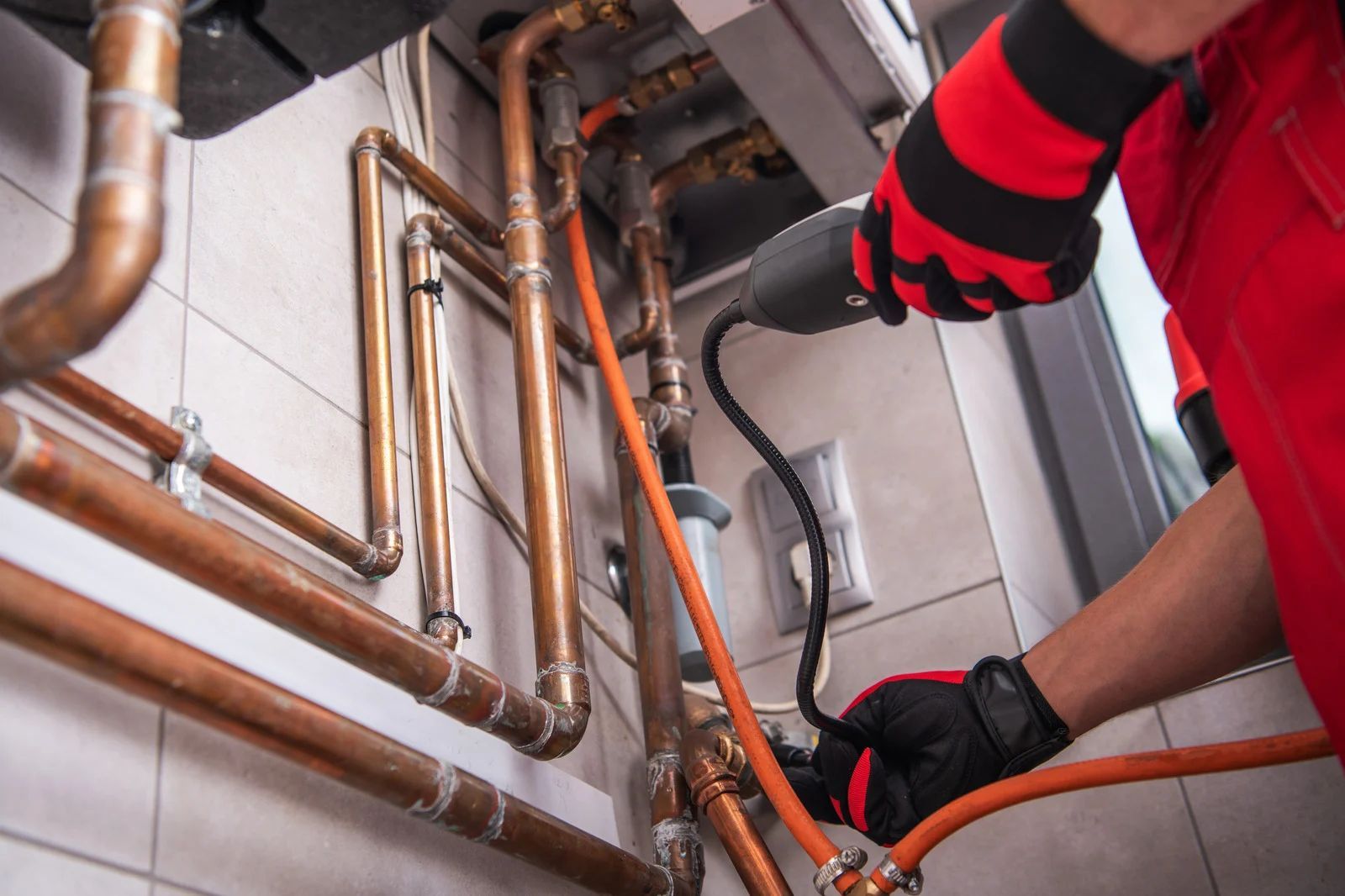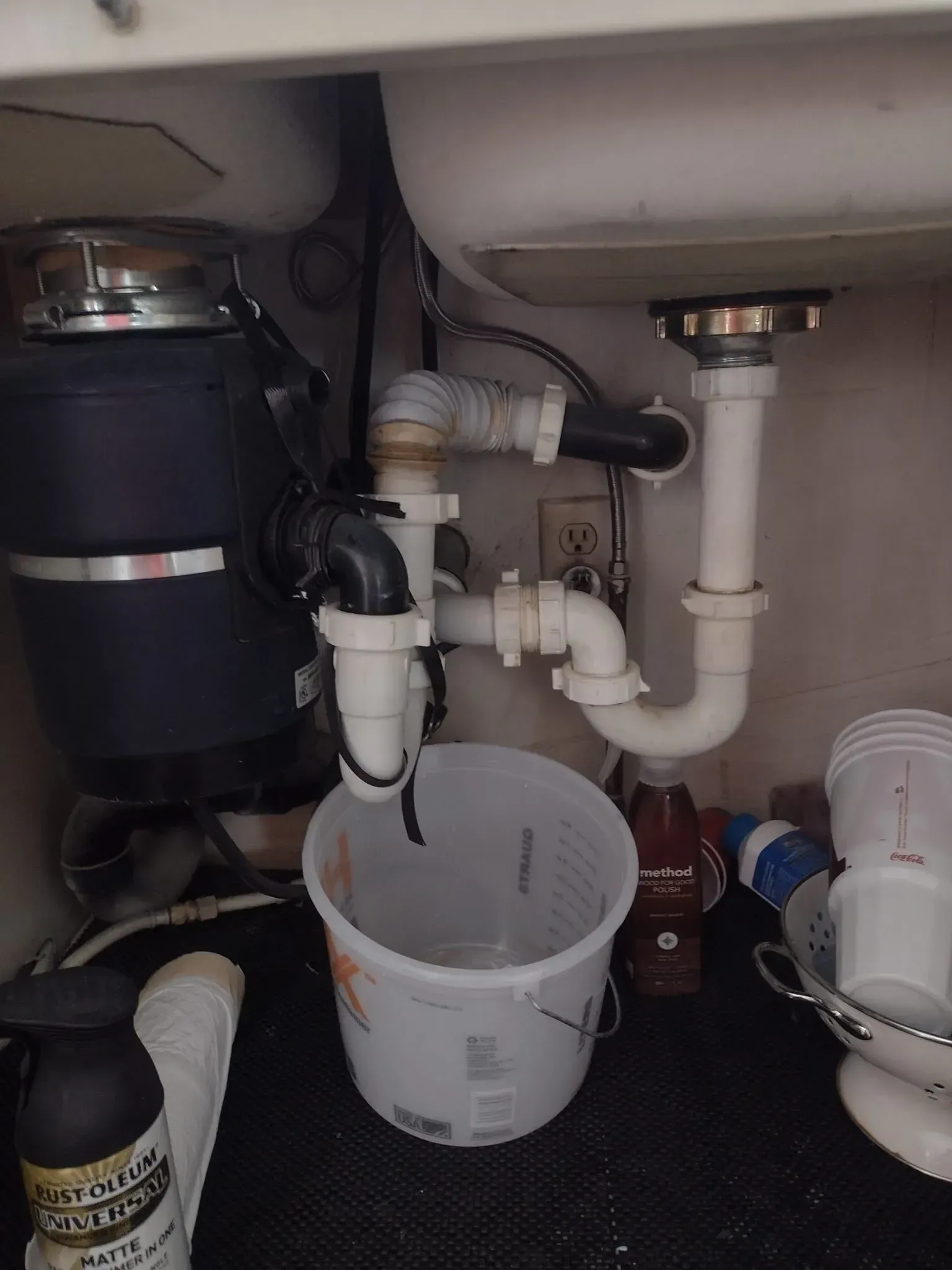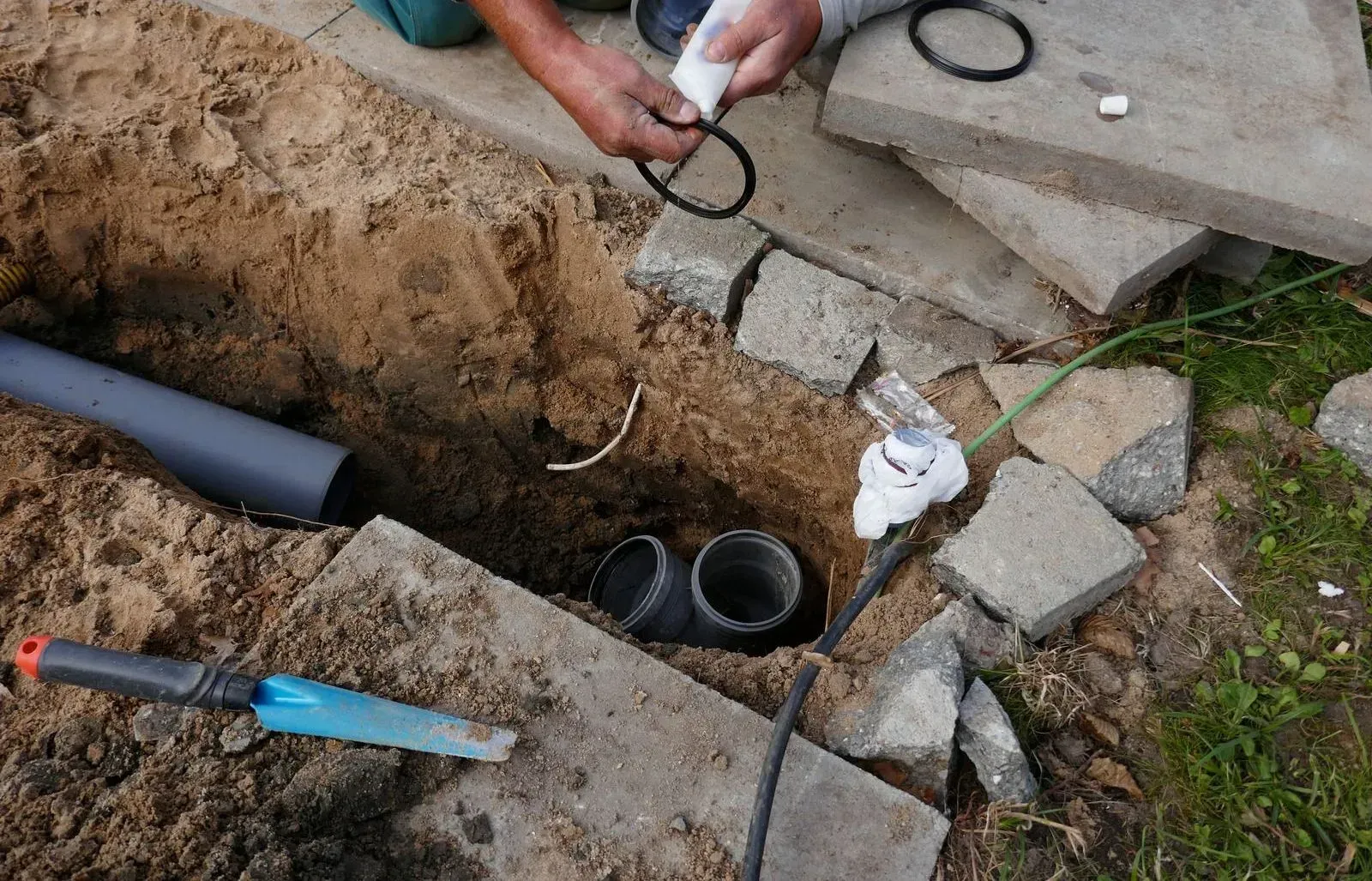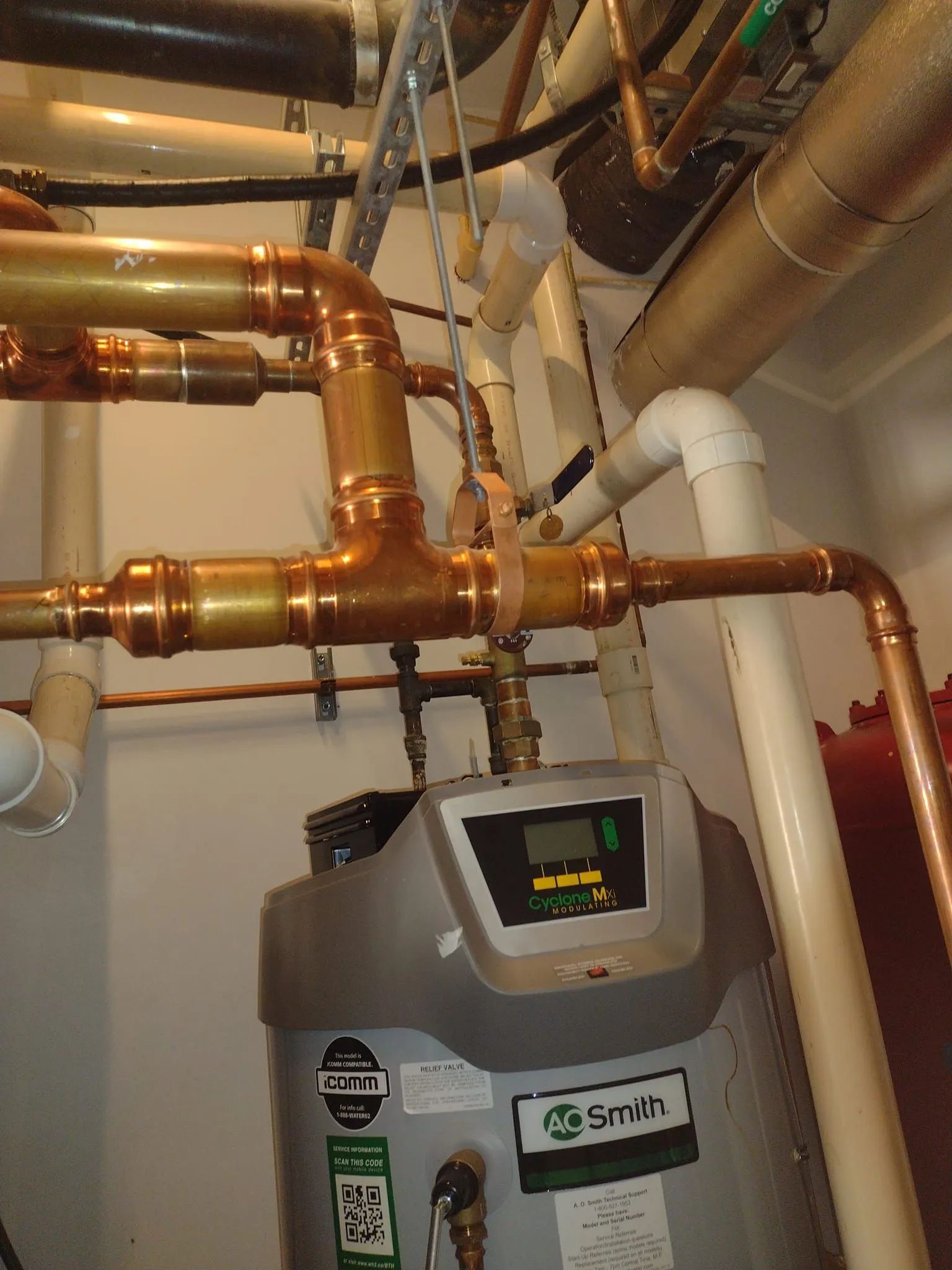What to Do in a Plumbing Emergency: A Homeowner’s Guide
August 6, 2025

Plumbing emergencies can strike at any time, causing stress, damage, and unexpected expenses. Knowing what to do in the crucial moments before a plumber arrives can help minimize damage and keep your home safe. Whether it’s a burst pipe, gas leak, or flooding, here are the steps you should take in a plumbing emergency.
1. Burst Pipes
A burst pipe can release gallons of water in minutes, leading to severe property damage. Quick action is essential.
Steps to Take:
- Shut Off the Water: Locate your main water shut-off valve and turn it off immediately to stop the flow of water.
- Drain the Pipes: Open faucets to drain any remaining water from the system and reduce pressure.
- Turn Off Electricity (if necessary): If water is near electrical outlets or appliances, shut off the electricity at the breaker panel to prevent electrical hazards.
- Contain the Water: Use towels, buckets, and mops to soak up excess water and prevent it from spreading.
- Call a Professional Plumber: Contact a trusted plumbing service, like Patrick David Plumbing, for immediate repairs.
2. Gas Leaks
Gas leaks are extremely dangerous and require immediate attention. If you smell gas (often described as a rotten egg odor), act quickly.
Steps to Take:
- Evacuate Immediately: Get everyone out of the house and avoid using electrical switches, appliances, or phones inside the home, as they can create sparks.
- Shut Off the Gas Supply: If it’s safe to do so, turn off the gas supply at the main shut-off valve.
- Do Not Use Open Flames: Avoid lighting matches, candles, or smoking.
- Call for Help: Once you’re at a safe distance, contact your gas company and a licensed plumber for repairs.
- Do Not Re-enter Until Cleared:
Only return to your home once professionals have declared it safe.
3. Flooding from Plumbing Failures
Plumbing-related flooding can occur due to sewer backups, appliance failures, or sump pump malfunctions.
Steps to Take:
- Shut Off the Water: If the flooding is due to a plumbing failure, turn off the water supply.
- Turn Off Power: If water is rising towards electrical outlets or appliances, shut off the electricity at the main breaker.
- Remove Valuable Items: Move furniture, electronics, and other valuables to a dry area.
- Use a Wet/Dry Vacuum or Pumps: If you have access to a wet/dry vacuum or sump pump, start removing water.
- Call a Professional Plumber:
Emergency plumbing services can help resolve the issue and prevent further damage.
Preventive Measures to Reduce Plumbing Emergencies
While emergencies can happen unexpectedly, taking preventive steps can help reduce risks:
- Know the Location of Your Shut-Off Valves: Make sure every household member knows where and how to turn off water and gas.
- Regular Plumbing Inspections: Schedule routine inspections to identify and fix potential problems before they escalate.
- Monitor Water Pressure: High water pressure can strain pipes and lead to leaks or bursts.
- Protect Pipes from Freezing:
In cold weather, insulate exposed pipes and keep the heat on to prevent freezing and bursting.
If you experience a
plumbing emergency in Pittsburgh, Pennsylvania, Patrick David Plumbing
is here to help. Our expert plumbers bring 12
years of experience to every job, providing fast, reliable service to address urgent plumbing issues and prevent further damage to your home. We understand that emergencies can happen at any time, which is why we're committed to prompt response and professional care. Whether it’s a burst pipe, clogged drain, or water heater failure, you can count on us to deliver efficient solutions with minimal disruption.




